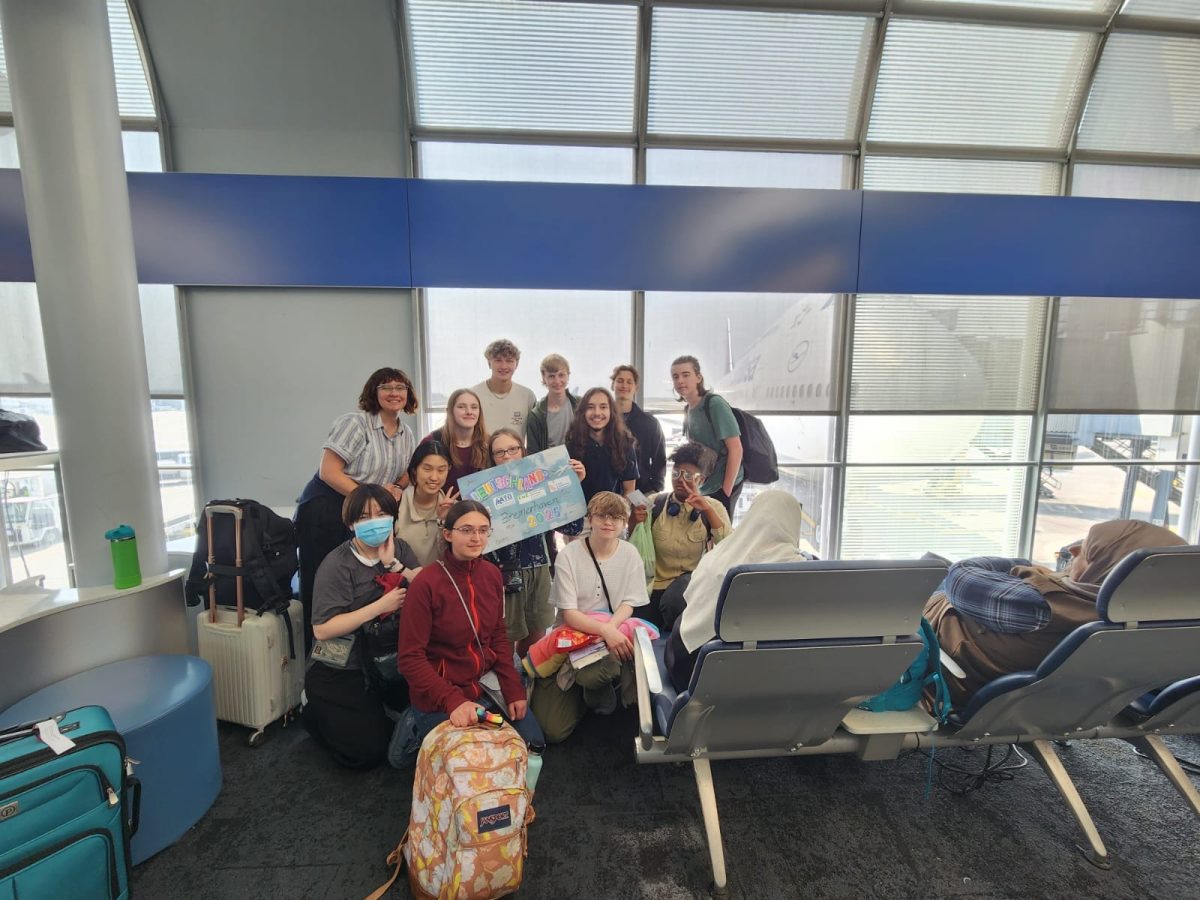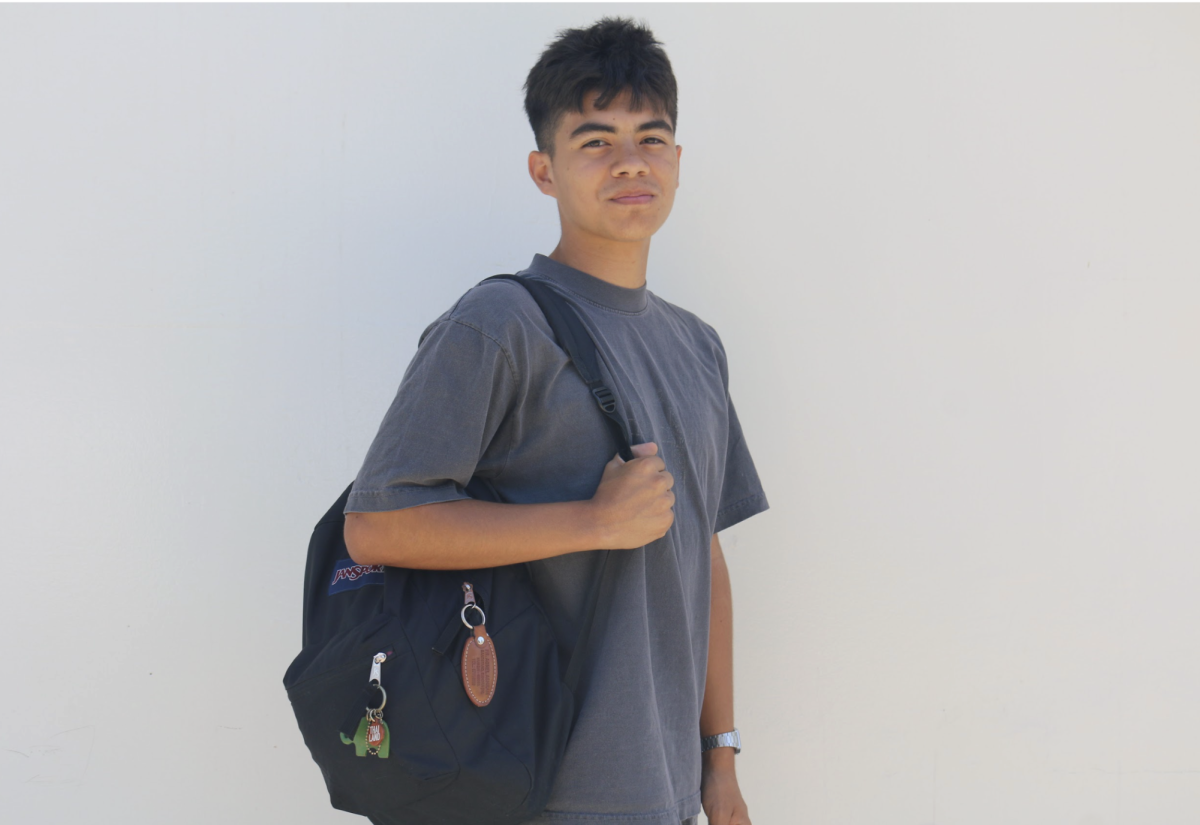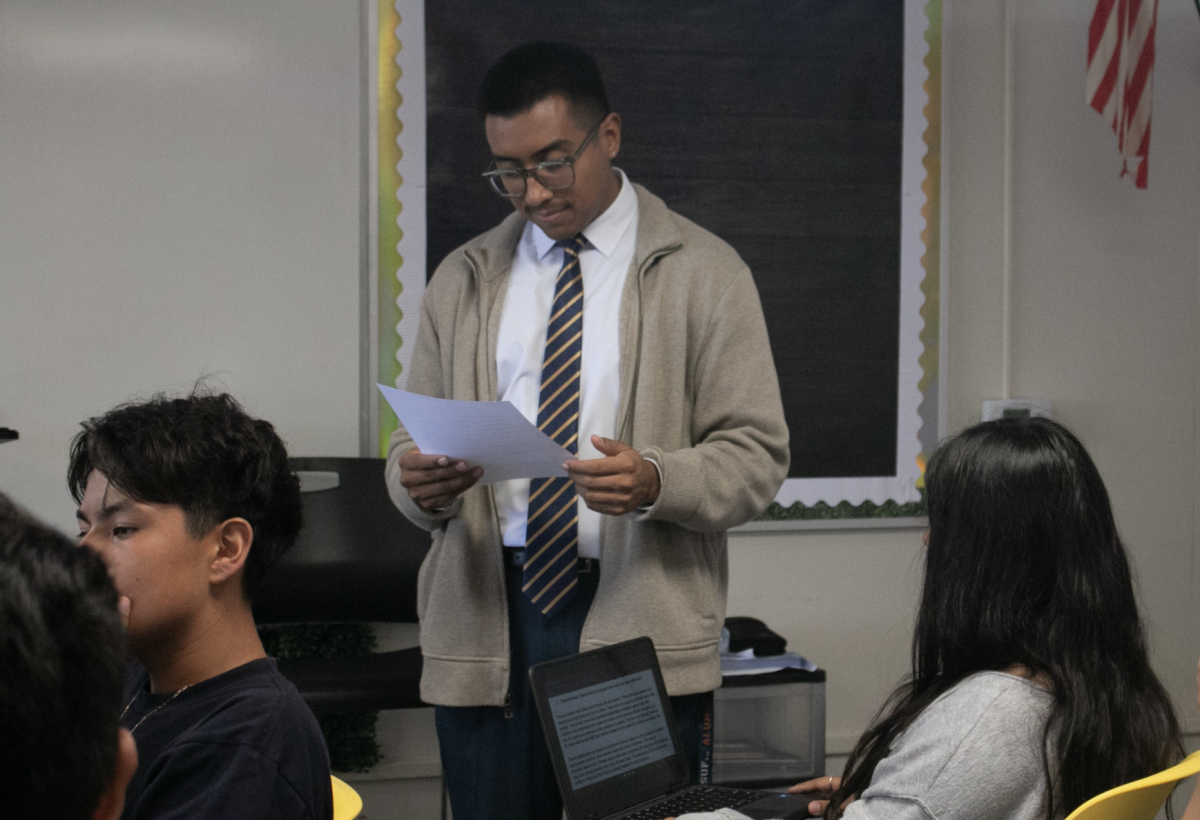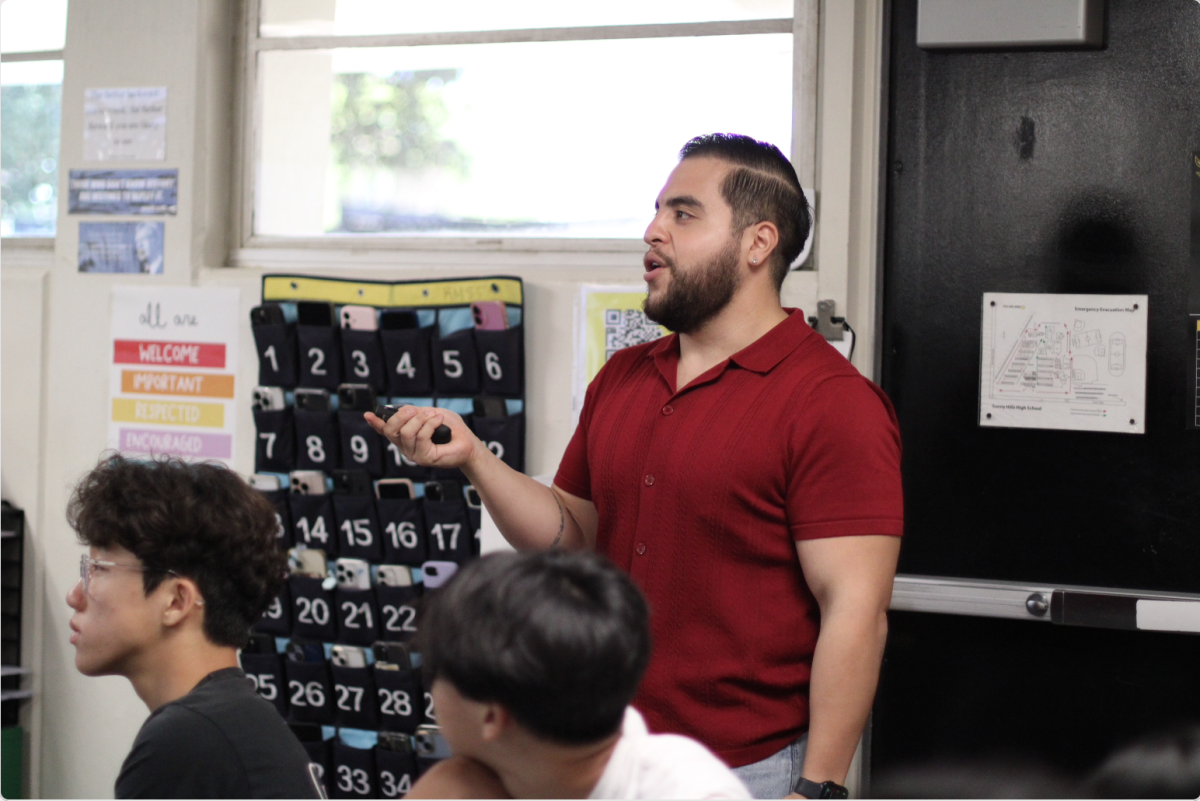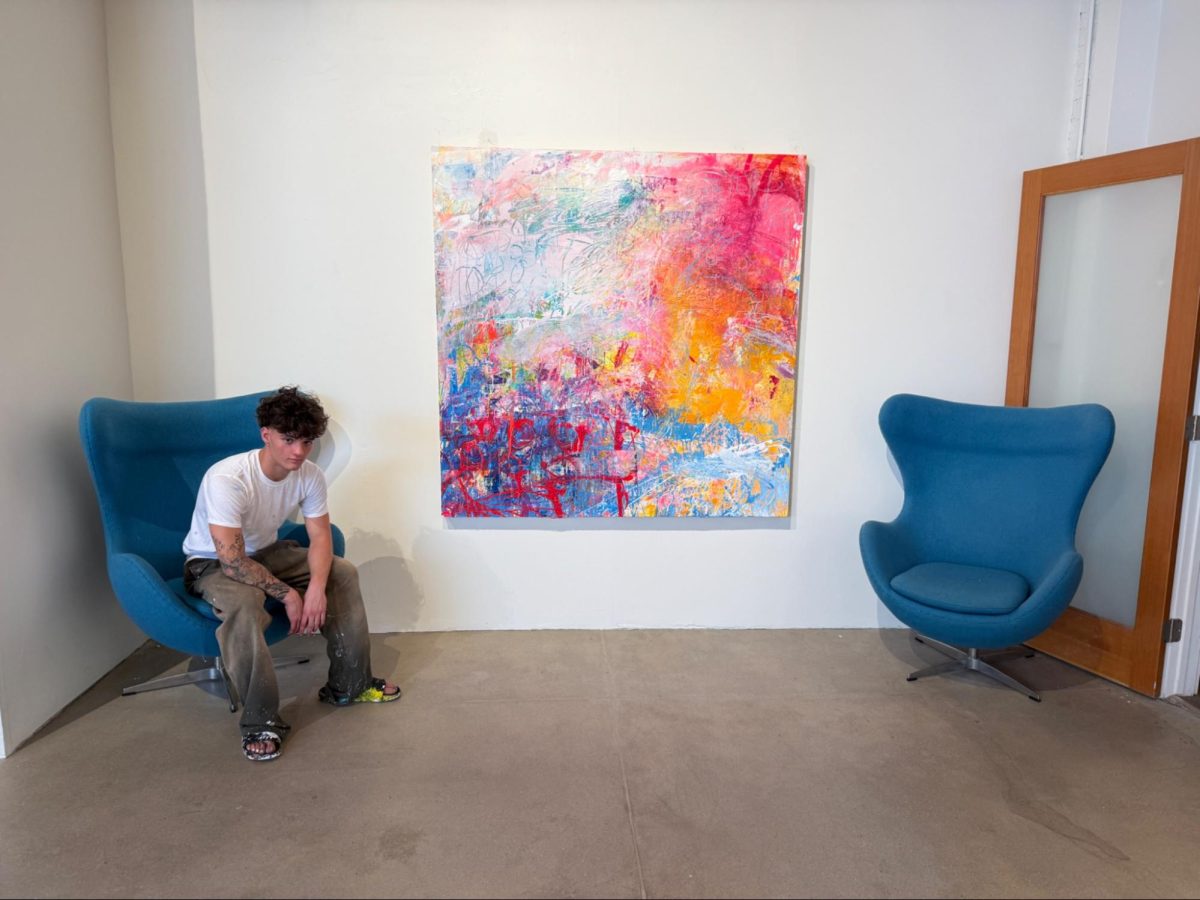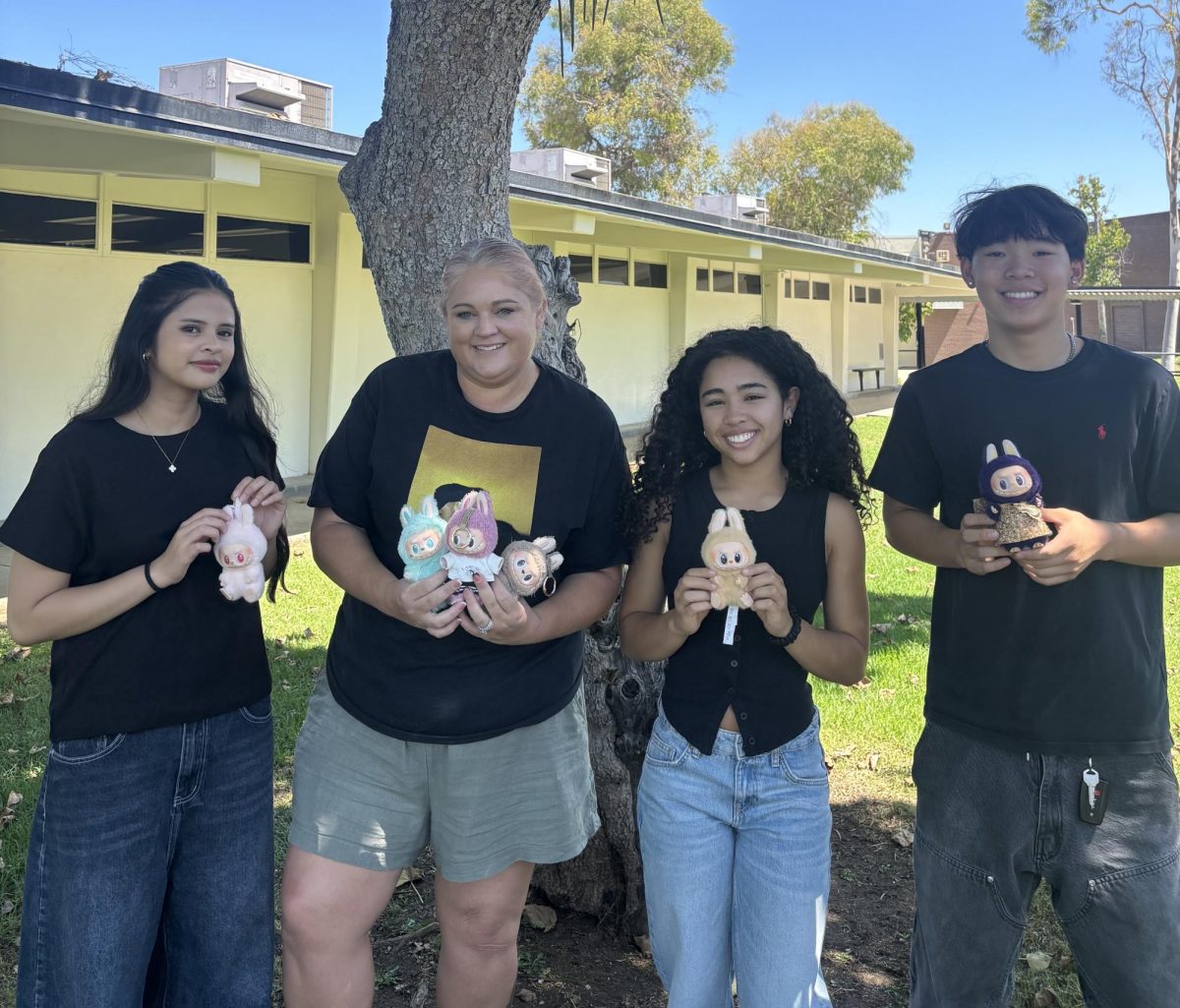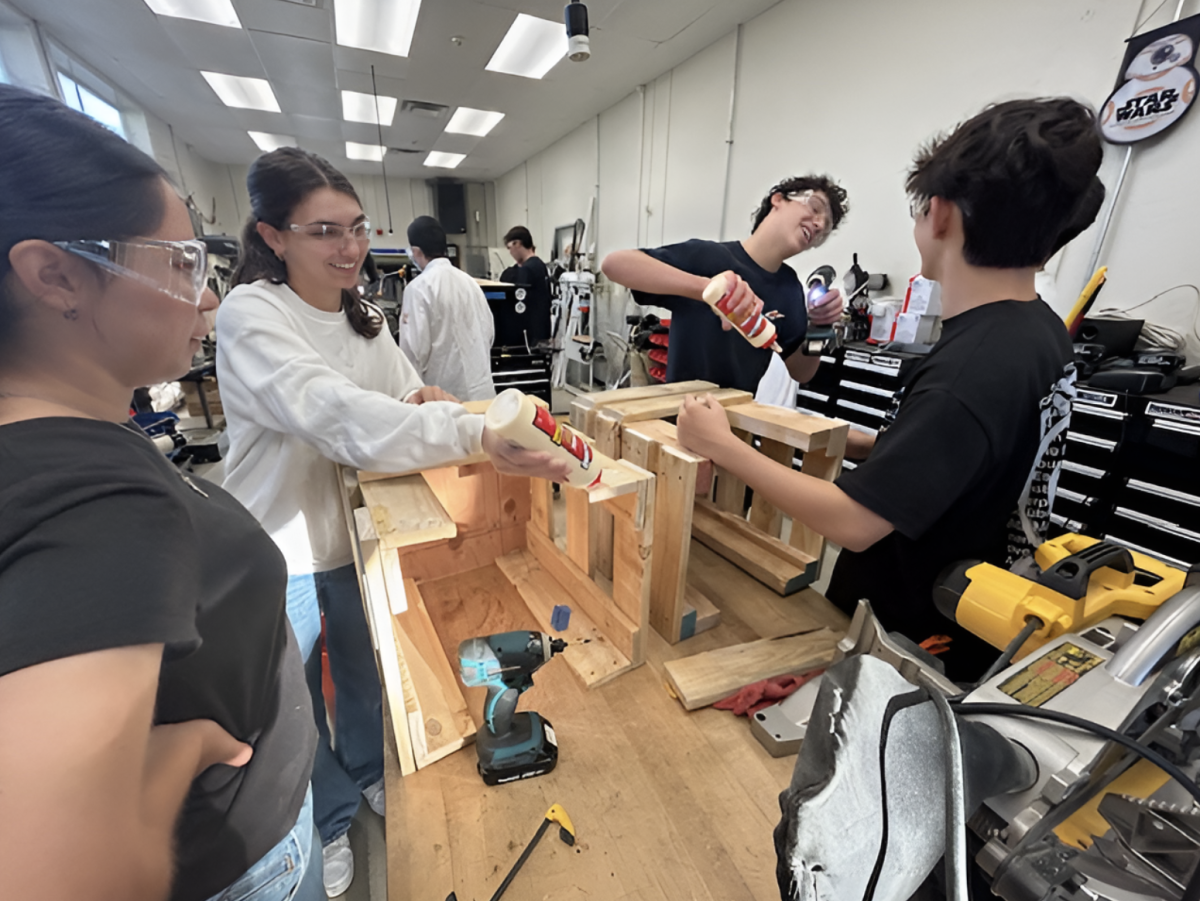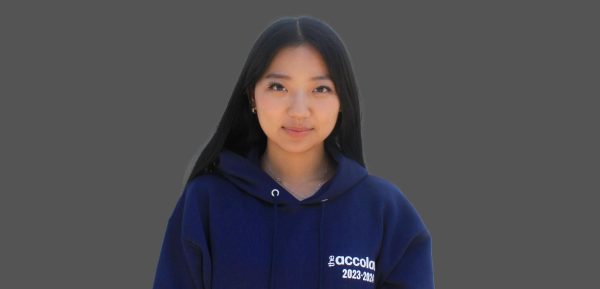Question 1: How do you feel as one of the 18 valedictorians?
Answer: I feel very honored and grateful to be recognized as part of this talented and hardworking group of students!
Question 2: What are your plans after high school?
A: After high school, I plan to follow Alexander Hamilton and attend Columbia University, although I’m not sure he went there to pursue physics and tinker on their tokamak reactor like I am going to.
Question 3: What are your career aspirations, and what influenced you to pursue them?
A: Like Aeneas, I know exactly what I am going to do in life, but for now, I’m keeping these aspirations as a surprise for you all.
Question 4: How did you handle stress and manage your time effectively?
A: For me, engaging in sports, such as swimming, lifting with friends, running while jamming to bops like Midnights, reading, sketching, strolling through art museums or along mountain trails with my family and cooking with my grandparents really helped me maintain balance in life, which motivated me to work efficiently when I was doing homework or coding.
Question 5: What extracurricular activities or leadership roles were you involved in?
A: My favorite extracurricular activities were swimming for our school’s team, working on research projects with my friends through the research club I started at my old school, Harriton Research Laboratory and working for NASA this past year after my summer internship turned into a part-time job. By the end of this summer, we will have published three research articles in refereed journals, ranging from The Astronomical Journal to The Journal of Neuroimmunology!
Question 6: What was the class that threatened your valedictorian status?
A: For me, it was two classes: freshman year Precalculus and AP [Advanced Placement] Statistics definitely pushed me to my limits, but in the end, I made it through, in large part thanks to my amazing teachers in those classes. I will always love AP Statistics, Mrs. Tiburzio!
Question 7: Did you encounter any academic failures or setbacks, and how did you bounce back from them?
A: One academic mistake I made in high school was not enrolling in Sunny Hills’ IB [International Baccalaureate] program — a lot of things were in flux for me between my sophomore and junior years when I moved, and enrolling in IB was something I, unfortunately, didn’t get to. Nevertheless, I pulled a Big Sean and ended up taking two IB classes here at Sunny Hills: IB Russian HL and IB Theory of Knowledge.
Question 8: Were there any teachers or mentors who played a significant role in shaping your academic journey? If so, how?
A: Absolutely. My teachers like Mr. [Scott] Rosenkranz and Mrs. McDonnell, as well as my professors with whom I worked on my research projects, Dr. Steiner, Dr. Hillenbrand and Dr. Garraffo, played a significant role in shaping my academic journey. Their guidance, expertise and support challenged me to reach my full potential and to live life with a love for learning.
Question 9: How did you navigate the college application process, and what advice do you have for other students going through it?
A: My advice for fellow students is to start early — but not too early — prioritize self-reflection, stay away from Accelerate 2 College (I’m talking to my junior lab partner from AP Chemistry here), seek help from upperclassmen who’ve already been through the process while making sure to balance advice from contrasting viewpoints and focus your applications on schools that you’re genuinely and personally excited about.
Question 10: Whether it be school-affiliated or not, were there any specific projects or assignments that you feel were particularly impactful or rewarding?
A: Although I really enjoyed Mr. [David] Wolf’s series of lectures and discussions on romantic poetry and the writings of Edgar Allan Poe in AP English Language and Composition, I’d say the most impactful project I did in school was reading and reflecting on Hermann Hesse’s Siddhartha for Mrs. [Teresa] McCarty in AP English Literature and Composition. Granted, reading The Great Gatsby and Pride and Prejudice were also really enjoyable experiences, but Siddhartha just deeply resonated with me, as the Siddhartha-themed promposals I gave to my class at the end of my presentation can attest.
Question 11: Did you have any specific study habits or routines that helped you excel?
A: Yes, I found that breaking down study material into manageable chunks, creating a study schedule and using active learning techniques like summarizing and teaching concepts to others were effective for retaining information. Additionally, regularly checking in with my counselors like Ms. [Beth] Thomson and Mrs. [Jennifer] Beglin, as well as seeking advice from other admin personnel at our school like Mrs. Young [Hochfelsen], really helped me make the best choices for multiple decisions that faced me these past two years.
Question 12: What are some of your most memorable experiences or highlights from your high school years?
A: One of my favorite experiences from high school was taking AP Chemistry with my genius little sister Sophia. Since we’re two years apart — she is a sophomore this year — we never thought we’d be able to take a class together. Nevertheless, things worked out when we decided to take AP Chemistry together this year, and although we weren’t in the same period, I enjoyed our competition on test scores, which she absolutely trounced me, and I loved our sibling “study-seshes” at Whole Foods, where we munched on their wood-fired pizza while she tutored me in everything from acids and bases to organic molecule nomenclature.
Question 13: Where do you see yourself in 10 years?
A: Organizing in cities like Tashkent, Tbilisi, Vladivostok, Yerevan, Baku, Tartu, Ulaanbaatar, Odessa and Astana.
Question 14: What will you miss most after you graduate?
A: After I graduate, I’ll definitely miss my close friends from Sunny Hills and all our experiences and adventures, from our post-AMC theaters trips to B&B donuts, road trips to UCSD’s [University of California, San Diego] supercomputer lab (shh, keep this one on the down-low), arguments over songs like “Sweet” versus “Apocalypse,” spontaneous night hikes and day hikes that got some of us muddy, dawn patrol surf trips, collaborative night coding sessions in the summers illuminated by sunsets and pool lights, Jurassic Park Google Meet fiascos and especially all the “firsts” I experienced here — for example, I’d never tried a McFlurry until I had my first one after a debut this past February.
Question 15: Were there any challenges posed by remote or hybrid learning during the COVID-19 pandemic? How did you overcome these challenges?
A: I think my experience with online learning was like most other peoples’, but I did have a pretty unique experience with sports because of COVID-19. In my sophomore year back in Philadelphia, we couldn’t swim inside, so my club swim coach retrofitted her outdoor summer club pool for winter swimming. Although the pool was swimmable, I will never forget slipping and sliding across the ice in 20-30 degree weather as my friends, and I raced from the tents to get into the pool each night — or even worse, each morning on Saturdays — or swimming one time while it snowed on us.
Question 16: What lessons did you learn from failure or setbacks during your high school years?
A: If you know, you know, but one important but embarrassingly basic lesson I learned from a near failure in high school was to keep my eyes on the road while driving. One time, I almost ran my mom’s car into the sidewalk after a hiking trip when I was driving with a friend and turning left on Parks to Pioneer.
Question 17: What was the most useful advice you have received from someone about high school?
A: Once, I was getting boba with one of my old upperclassmen friends near Suburban Square after they’d graduated from our old high school. … After joking about our school’s motto, carpe diem, she advised me: “Seize but don’t wait for opportunities to appear — create them.”
Question 18: As a valedictorian, what last message do you have to the underclassmen?
A: I’m going to be a little unconventional with this one: take at least one road trip — ideally two, one alone and one with your friends — before you graduate high school. Speaking from experience, I believe road trips are economical — bring a sleeping bag and sleep for free by your car in the Bureau of Land Management or National Forest lands— yet unforgettable — and perhaps even spiritual — experiences: e.g., Into the Wild and On the Road. For example, over the past two years alone, I’ve road tripped to multiple deserts, Monterey/San Francisco along Highway One, the Sierra Nevadas, and later this summer, I’m taking a huge cross-country road trip from Los Angeles to New York City!



